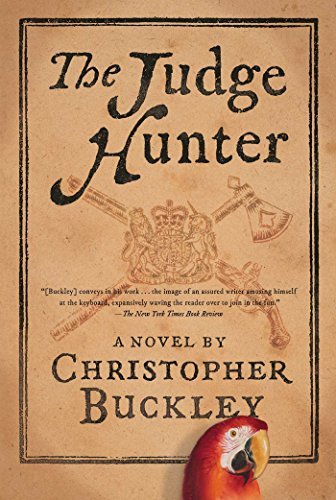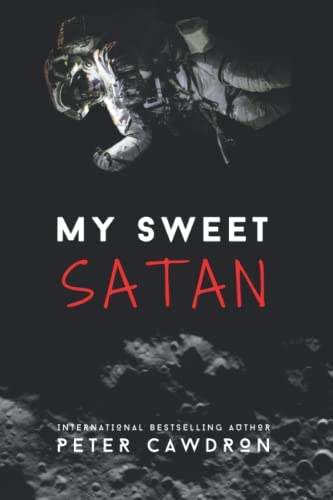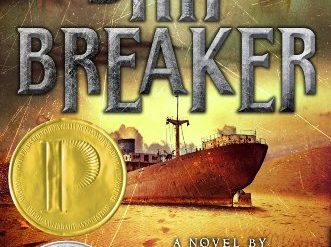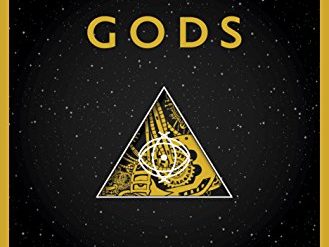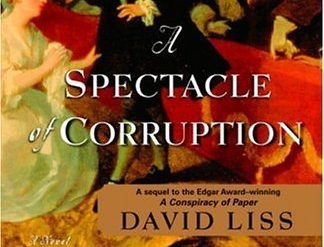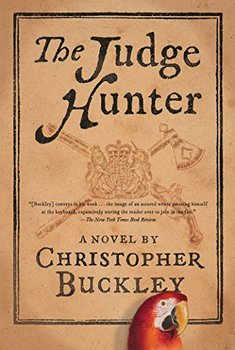
I’ve grown so used to laughing when I read Christopher Buckley’s books that I was disappointed by The Judge Hunter, even though it’s a perfectly good historical novel. Oh, it’s amusing. Even funny at times. It is, after all, a picaresque adventure, a genre with built-in humor. But not once did I find myself laughing out loud, as was so often the case when I read They Eat Puppies, Don’t They?, Little Green Men, The Relic Master, and other satirical romps from the author’s keyboard.
Estimated reading time: 4 minutes
The turmoil of seventeenth-century England forms the backdrop to the story in The Judge Hunter. To appreciate the book—and understand just how closely Buckley follows the historical record—you need to know a little of the history of Oliver Cromwell and the Protestant revolution he led to overthrow the Catholic King Charles I. (Please forgive me if you’re already familiar with these events.) Cromwell engineered the execution of the king in 1649 and shortly thereafter seized power, ruling for five years as the Protector of the Republic. Two years after Cromwell’s death, the king’s son was summoned to the throne as Charles II.
The Judge Hunter by Christopher Buckley (2018) 368 pages ★★★★☆
Unsurprisingly, the new king set out to capture and execute the men who had signed his father’s death warrant. Cromwell was one of them, but two others had escaped. Buckley’s conceit in The Judge Hunter is that a ne’er-do-well brother-in-law of diarist Samuel Pepys is appointed to travel to New England to track down the two fugitives. (Cromwell had already died.)
The judge hunter is Balthasar de St. Michel, the Huguenot son of a French father and an English mother. (“The word feckless might have been coined to describe Balty.”) Charles II’s spymaster, Sir George Downing, dispatches Balty to Boston in 1664. There he finds himself caught up in a series of mishaps and misadventures involving a long string of characters well known to history. Among them are John Winthrop the Younger, Governor of Connecticut Colony, the Reverend John Davenport (cofounder of the Colony of New Haven), and Governor Peter Stuyvesant of New Amsterdam. Balty’s mission takes him to New Amsterdam, where he plays a role in the bloodless seizure of the Dutch colony by the English Navy. The city was immediately renamed New York after Charles II’s brother, the Duke of York.
An adventure spanning nine months in 1664
The action in this picaresque adventure spans an eventful nine months in 1664. Balty’s travels carry him from London to Boston, Hartford, New Haven, and New Amsterdam, protesting (and suffering) all the way. Samuel Pepys enters the tale in short, mostly fictional entries from his famous diaries that are interspersed among the chapters that carry the story forward. This is a lively narrative, and well told.
Reviewing the book in the New York Times Book Review (June 1, 2018), John Vernon wrote, “Christopher Buckley writing historical fiction? The departure from type calls to mind an old graffito on the New York City subway: “Allen Ginsberg revises.” But it’s true. After two decades of books like ‘Thank You for Smoking’ and ‘They Eat Puppies, Don’t They?,’ Buckley’s most recent publications are historical novels: 2015’s ‘The Relic Master,’ set in 16th-century Europe, and now ‘The Judge Hunter,’ set in 17th-century London and colonial America.” I must say, however, that historical novel or not, I found The Relic Master to be very, very funny. And I’m hoping that Buckley’s plan to produce a longer series of historical novels set in subsequent centuries will yield up more good humor.
For related reading
The thriller writer Robert Harris also wrote about these events in Act of Oblivion (They killed the king. Will they pay the price?).
If you enjoy reading history in fictional form, check out 20 most enlightening historical novels (plus dozens of runners-up). And if you’re looking for exciting historical novels, check out Top 10 historical mysteries and thrillers.
You’ll find this and all the author’s other humorous books reviewed at Christopher Buckley writes satirical novels that are very, very funny.
And you can always find my most popular reviews, and the most recent ones, on the Home Page.

